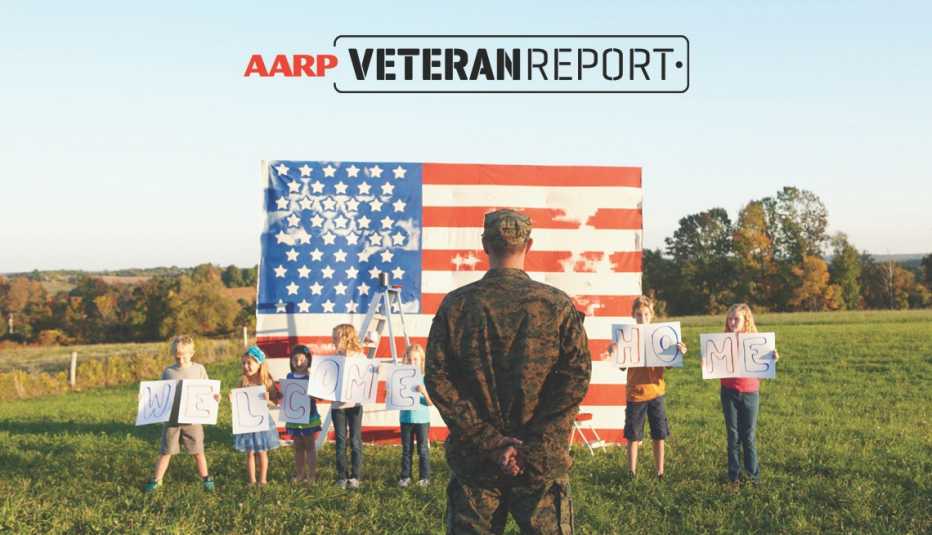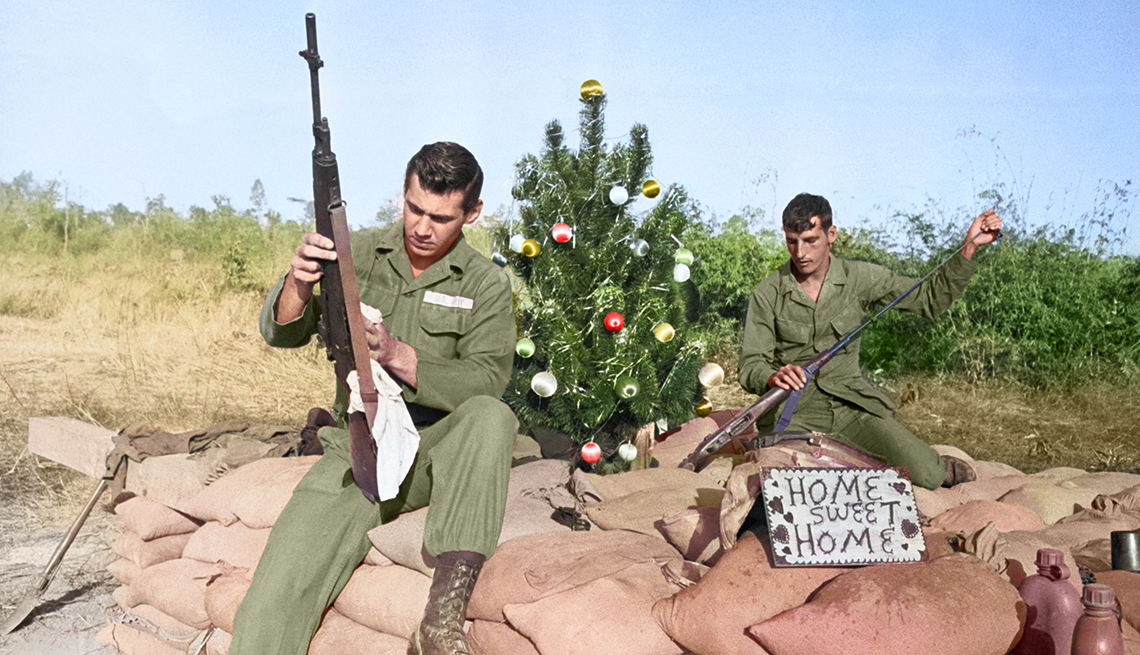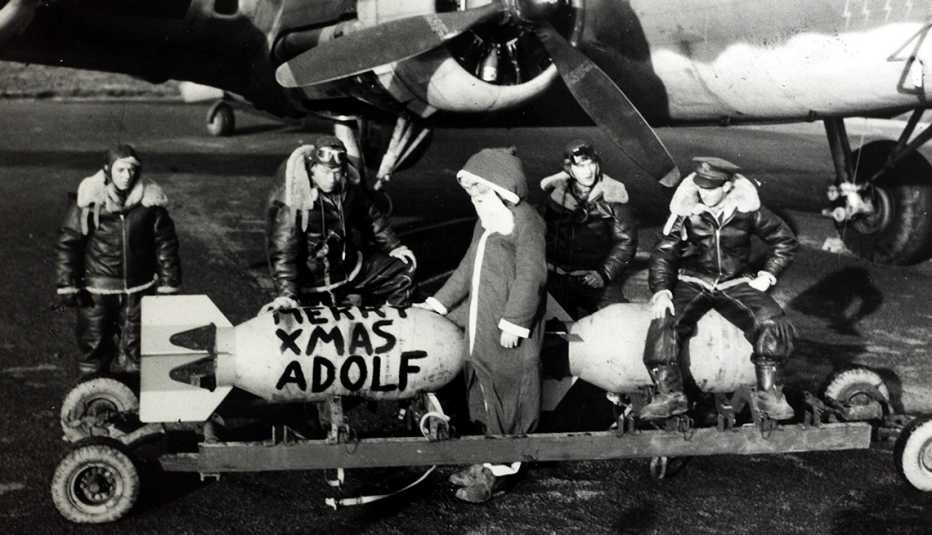AARP Hearing Center
Every year, many members of the military spend Christmas overseas serving their country. Some find themselves in combat or as captives while those they are fighting for enjoy the holidays at home:


You can subscribe here to AARP Veteran Report, a free e-newsletter published every two weeks. If you have feedback or a story idea then please contact us here.
Revolutionary War
Gen. George Washington and his troops spent Christmas of 1776 crossing a freezing river to launch a surprise attack on an enemy outpost in Trenton, New Jersey. Washington had decided to seize back the initiative after a string of defeats, including the loss of New York City. The crossing of the Delaware began at 11 p.m., and the weather was so severe that two men froze to death during the night.
After completing the crossing, Washington’s 2,400 troops marched for four hours to reach Trenton before dawn. The battle was a rout in which most of the roughly 1,380 enemy soldiers were captured.
World War I
In 1914, three years before the United States entered the war, the Christmas Truce marked what one British veteran described as a “unique and weird Christmas Day.” The British heard Germans singing on Christmas Eve, and a voice called them to meet halfway through No Man’s Land, the middle ground separating the trenches. For one night, the fighting stopped.
Men were chatting, laughing, smoking, playing sports and drinking together. The dead and wounded were collected without the threat of attack. Gifts of tobacco, alcohol, food and even buttons were exchanged. There were reports of soccer matches between opposing forces and enemies singing “Auld Lang Syne” together.
World War II
In 1944, the Bartolo brothers of Grove City, Pennsylvania, spent Christmas Day fighting in the Battle of the Bulge. Only one of them survived. The job of Ray Bartolo, 21, was to lay telephone wires between the front lines and the headquarters back to the gun emplacements while Eddie, 19, was an infantryman. Eddie was wounded on Dec. 25 and died a week later.
Eddie’s death devastated the brothers’ parents. “From 1946, until my daughter was 2 years old [in 1957], my mother never had a Christmas tree in the house because my brother was wounded on Christmas Day, and he died on New Year’s Day,” Ray recalled.
“When I left for the service, my dad’s hair was as black as coal,” Ray said. “This was just three years later, but his hair was white as snow — mainly from losing my brother Eddie.”





































































